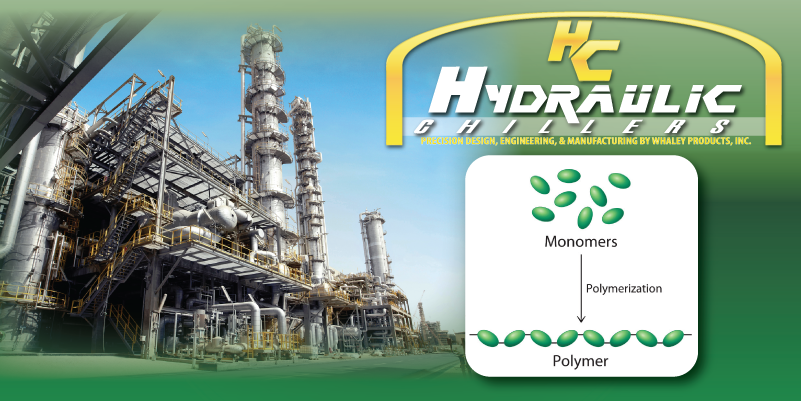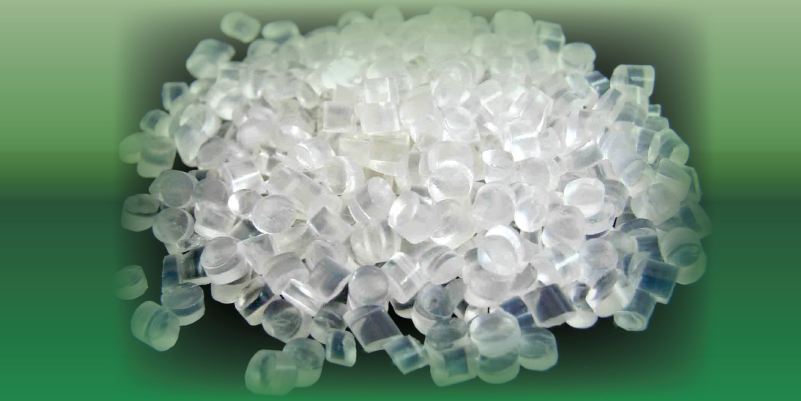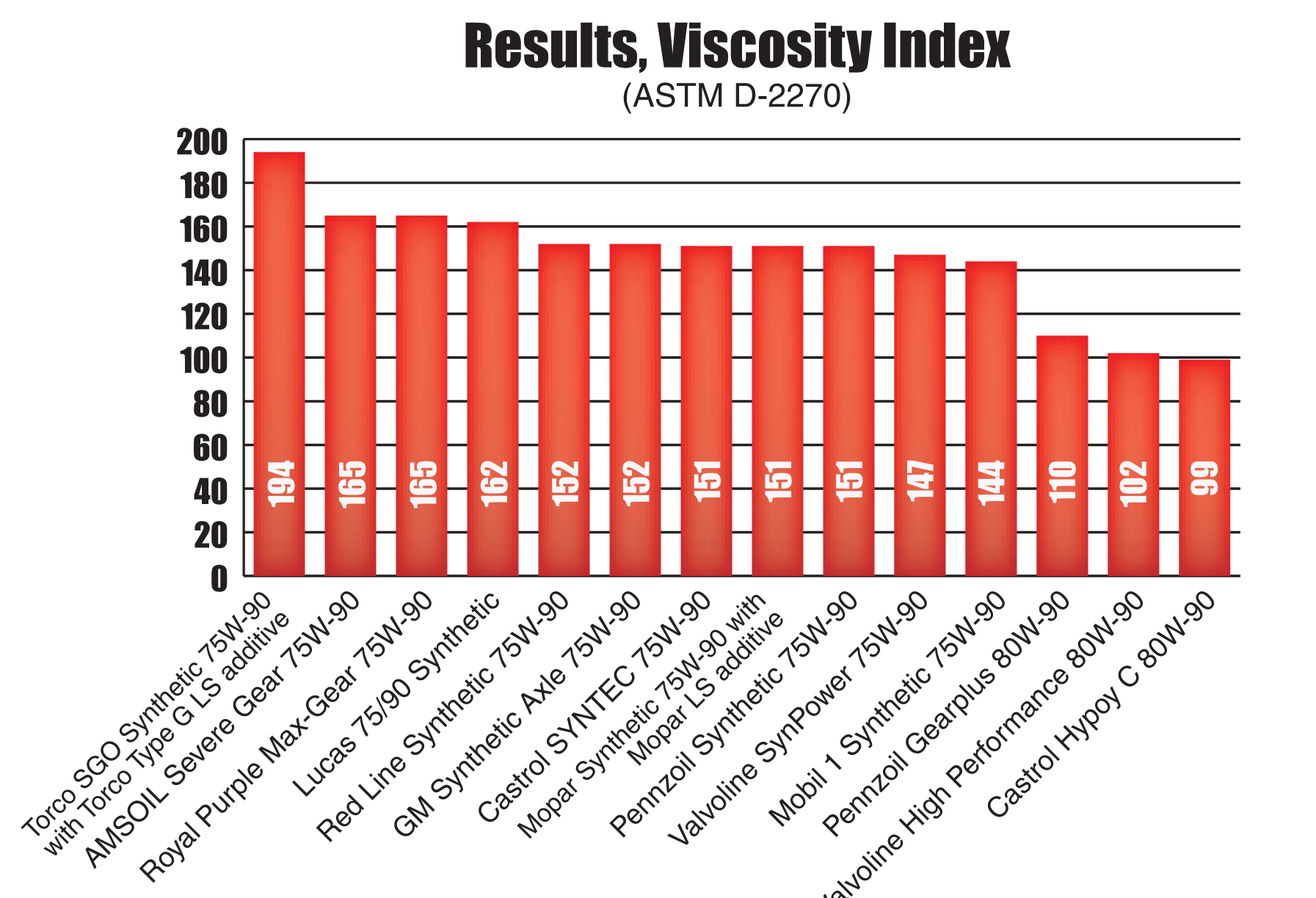Petroleum is used in the production of hydraulic fluids. Polymerization involves combining many small molecules, known as monomers, into a large bonded chain called a polymer.

Crude oil contains hundreds of different hydrocarbons. This crude oil is pumped from the ground and sent to oil refineries where these hydrocarbons are separated. The refined oil is then sent to a petrochemical plant. At the petrochemical plant selected monomers are treated with a catalyst. The catalyst causes a chemical reaction which creates a polymer. Plastic manufacturers buy the polymer resins and treat them with additives to produce the specific characteristics required by the plastic product being made.
Polymers can be made from chains of the same monomer, or from multiple monomers. For example, polyethylene is produced using only ethylene monomers. An example of a copolymer that contains multiple monomers is acrylonitrile butadiene styrene.

Below is list of common petroleum based polymers.
- acrylonitrile butadiene styrene (ABS)
- polyamide (PA)
- polybutadienepoly(butylene terephthalate) (PBT)
- polycarbonatepoly(ether sulphone) (PES, PES/PEES)
- polyethylene (PE)
- poly (ethylene glycol) (PEG)
- poly (ethylene terephthalate) (PET)
- polyimidepolypropylene (PP)
- polystyrene (PS)
- styrene acrylonitrile (SAN)
- polyurethane (PU)
- polyvinylchloride (PVC)

